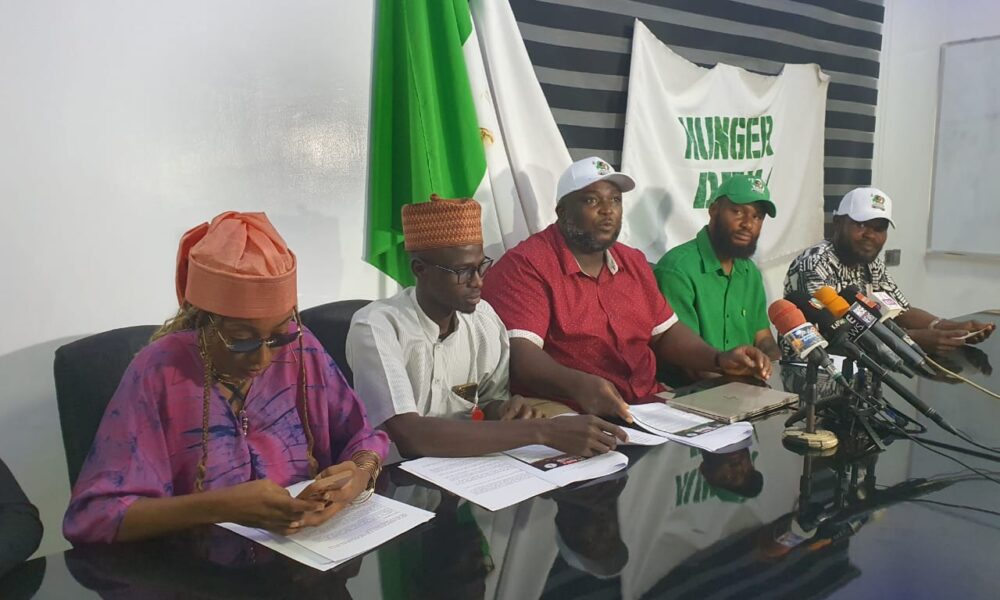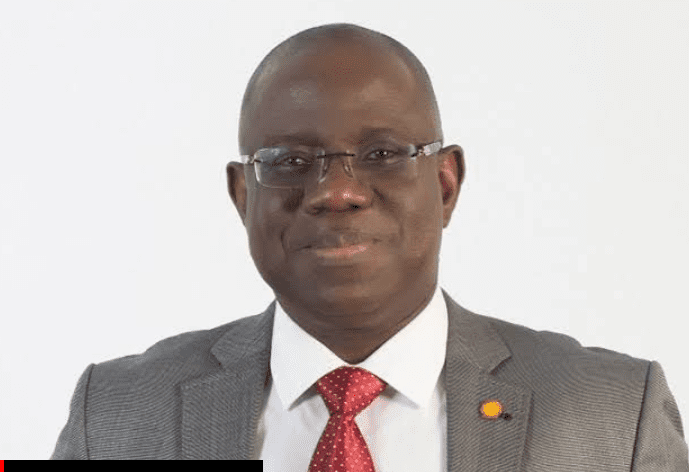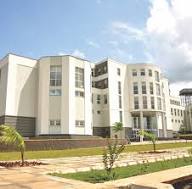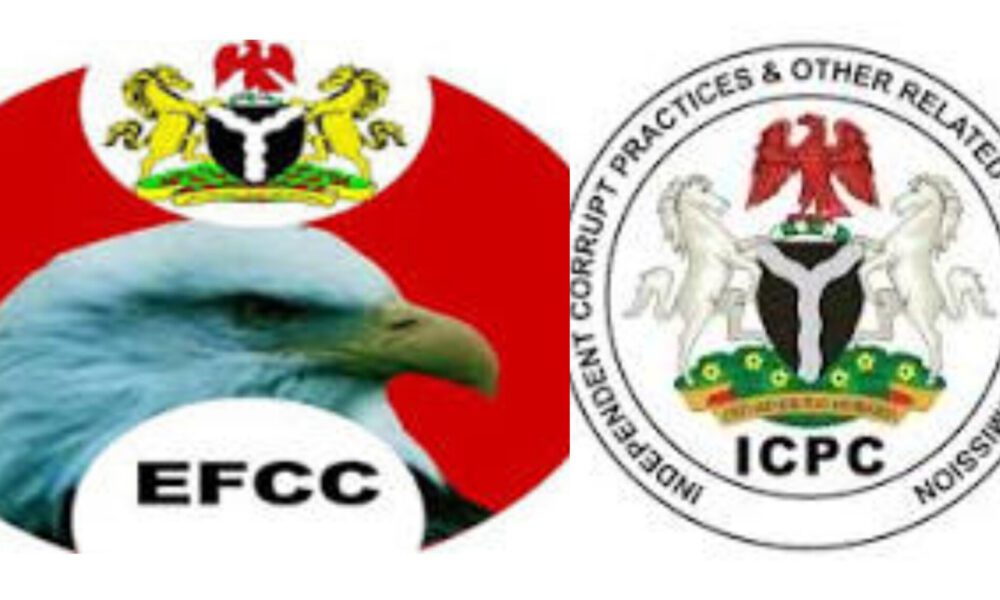**Demands unconditional release of protesters arrested, detained since 1st August
A Coalition of seven Civil Society Organizations has expressed disappointment with President Bola Tinubu who is a former opposition leader and the arrow head in protests during President Goodluck Jonathan’s administration who is now silent over the use of live ammunition against peaceful protesters by state forces
The Coalition also demanded the immediate release of all Protesters arrested by security agencies during the August 1st to 10th #EndBadGovernance and hardship Protest unconditionally.

The coalition is comprised of, End Bad Governance in Nigeria Group, African Renaissance Movement (ARM), Save Nigeria Group, USA, Coalition for Democratic Accountability and Electoral Reform (CODER), Northern Comrades Movement of Nigeria (NCMN) and Northern Advocates for Good Governance (NAGGO).
Addressing a press Conference in Abuja, Convener and spokesperson of the Coalition, High Chief, Peter Ameh said the hardship Protest will continue until the president meets the demands of Nigerians.
“Nigerians will not give up until their demands are met.”
He asked rhetorically if such maximum force was used against Tinubu in his days of activism whether he would have survived to become president?
“It is particularly disappointing to see this government, led by President Tinubu – who once stood as an opposition leader and supported protests – now using state forces to suppress the rights of citizens. “Sections 39 and 40 of the Nigerian Constitution, along with Articles 19 and 20 of the United Nations Universal Declaration of Human Rights, guarantee our rights to freedom of expression and peaceful assembly.
“Yet, when Nigerians exercise these rights under this government led by President Tinubu,
they face brutality and even death.
“We have witnessed tragic events, such as the killing of Abbas Kabiru by the Nigerian Police in Kaduna and the death of 16-year-old Ismail Mohammed at the hands of the Nigerian Army.
“These are only a few examples of the violence that peaceful protesters have endured, with Amnesty International stating over 22 peaceful protesters brutally killed by the security agencies.
“The 1999 Constitution, as amended, clearly protects our inalienable rights, including the nght to protest. According to the constitution, no one should be held without being charged to court for more than 48 hours.
“Yet, individuals like Alhaji Khalid Aminu remain in detention without charges, languishing in SSS custody in Kaduna. This is unacceptable! Nigeria may be a lawless place, but our fundamental human rights will not be taken away from us. We demand that all those detained in connection with the ongoing protest be released with immediate effect else President Tinubu should be ready to arrest us all.
“The demands of Nigerians who have gathered peacefully since August 1, 2024, must be heard. We seek relief from the economic hardships inflicted upon us by the irrational policies of the President Tinubu led government. “The use of live ammunition against peaceful protesters is intolerable and must end immediately.
He also declared that the harassment and intimidation of journalists who are bonafide members of the fourth estate of the realm from covering the protest is a breach of the constitution and other relevant international laws. This should stop immediately.
“Our protests are not a stage for criminal activities. To those who see our peaceful protest as a means to put their criminal activities into practise, you are not a part of our cause.
“We call on President Tinubu to immediately halt the use of brute force by security agencies against peaceful protesters. There is no place for the use of live ammunition on peaceful protesters.
“Nigerians have the right to protest, and our demands are essential for the nation’s progress and stability. We urge the federal government to take immediate action to address these issues.
“We are aware of the government’s tactics of bribing key stakeholders to quash protests, but this time, it will not succeed.
“If our demands are
not met, we will continue to peacefully express our sufferings and frustrations until they are addressed.”
“These protests are happening across the length and breadth of our beloved country because we are witnessing a period of unprecedented hardship and turmoil.”
Going down memory lane Since President Tinubu’s inauguration on May 29, 2023, when he announced the removal of the fuel subsidy without any structured plan to mitigate negative impacts on the people, the lives of ordinary Nigerians have been turned upside down.
“It is the common citizens, who are bearing the brunt of this decision, as we struggle under unpalatable socioeconomic conditions.
“Our nation is in crisis. The Nigerian people have been plunged into deeper poverty and hardship. Subsistence living has vanished, leaving many families in distress.
“Parents struggle to put food on the table, and some are forced to make stew with cucumbers because basic vegetables like tomatoes, peppers, and onions are too expensive.
“Farmers live in fear of bandits and kidnappers, preventing them from cultivating their lands, which contributes to the food scarcity we face.
“The economic turmoil has led to unpaid school fees, and as of 2024, UNICEF has declared Nigeria as having the world’s highest number of out-of-school children. This is an urgent situation that demands immediate attention.
“Crime rates are soaring as people become increasingly desperate. Communities are attacked, and villages are ransacked. Innocent lives are lost, and ancestral lands are seized.
“This is not the Nigeria we aspire to build. Our people are not greedy; we ask only for a decent standard of living, which can be provided by any competent leader.”
He urged Nigerians to stand united in the pursuit of a better Nigeria – a Nigeria where the government serves the people and ensures that every citizen can live with dignity and hope.




